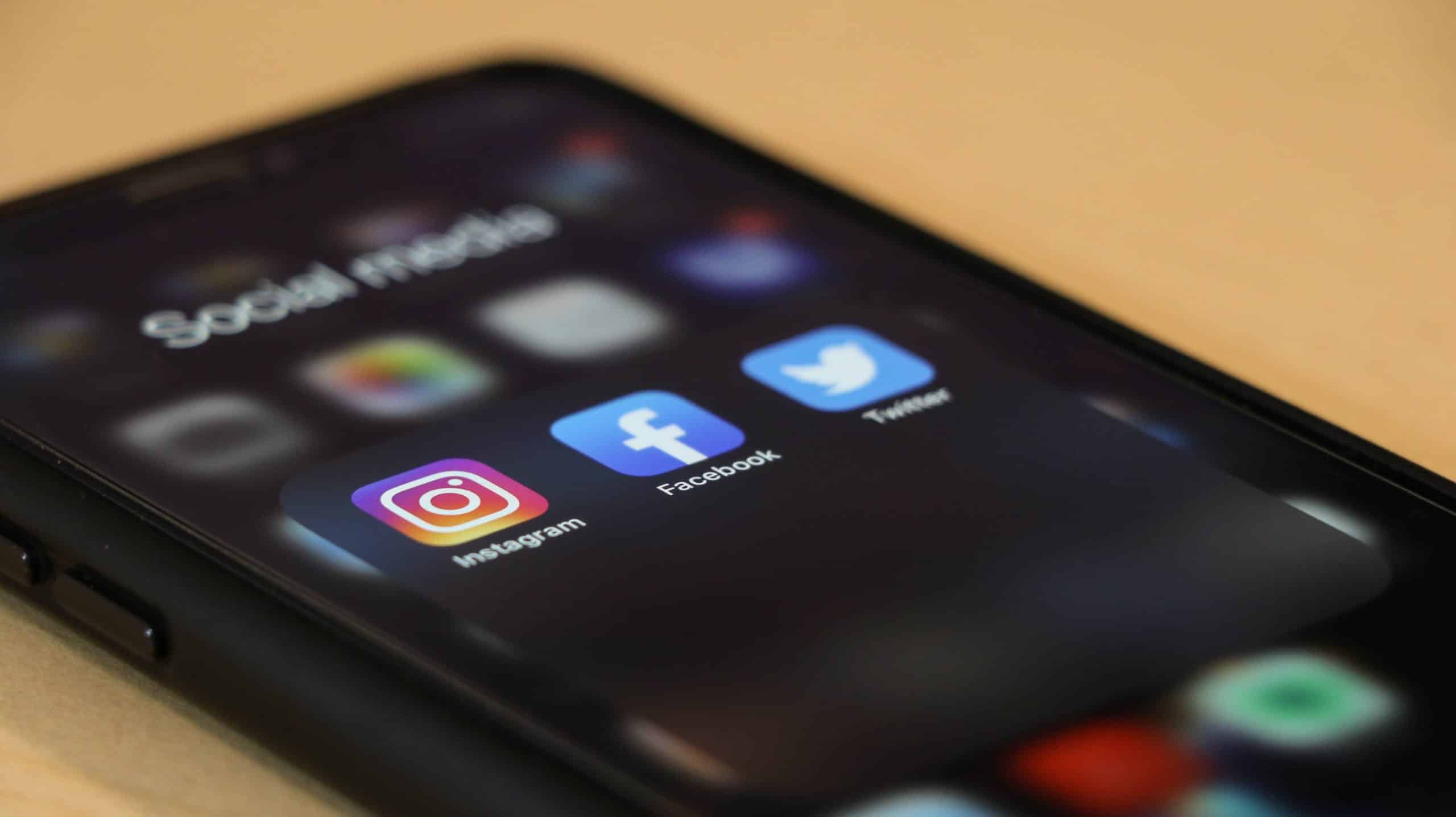 Callum Lease is a GP trainee and SCREDs fellow in Tayside, Scotland. He is a researcher with the University of Dundee department for Primary Care research, with a particular interest in physical activity for health. He is on Twitter @Cj_Leese
Callum Lease is a GP trainee and SCREDs fellow in Tayside, Scotland. He is a researcher with the University of Dundee department for Primary Care research, with a particular interest in physical activity for health. He is on Twitter @Cj_Leese
As part of my GP training I am currently working in children’s health. And I’ve started a bit of a social ‘experiment’. I have been asking paediatric consultants whether they let their children use social media. The answer has been largely universal.
Social media has transformed the ways we live as a society, forever altering the ways in which we communicate and relax. And this abrupt change to social discourse which has gradually developed over thousands of years is having implications.
The prevalence of anxiety and depression has increased by 70% in the last 25 years in young people, a rise that coincides with the rise of social media.1 It is likely that this rise is multi-factorial, with an increase in mental health awareness leading to falling stigma and an easy communication across digital spaces. But increasingly research is exploring the casual link between social media and mental health.2,3
Although much of the research points towards an association between social media use and anxiety and depression,4,5 this is not ubiquitous6 and more research is required. The relationship between social media and mental health is complex involving many factors; social comparison, increased sedentary behaviour, impaired sleep quality and duration to name but a few. However social media is a not a universal evil. It offers connection and community on a scale far beyond which we could access otherwise.
Rather it is our unsolicited use of social media that is the problem. But is this the responsibility of the individual (who needs to exhibit more self-control) or the social media companies (who deliberately fuel our addiction). Here-in lies the question that should be at the heart of our societal discourse of social media, and out of this may raise another question…how do we make it better? (Notably avoiding any derisory decline into a question of oppressive regulation or removal).
And the outcome of my social experiment? The answer was one of uncertainty in the context of moderation, acknowledging the harms of social media (but simultaneously the harms to the child of its denial).
So we are left between a rock and a hard place. But what we must remember is that we (and only we) have all the tools to find a solution.
References
1. Twenge JM, Cooper AB, Joiner TE, Duffy ME, Binau SG. Age, period, and cohort trends in mood disorder indicators and suicide-related outcomes in a nationally representative dataset, 2005–2017. Journal of abnormal psychology. 2019;128(3):185.
2. Naslund JA, Bondre A, Torous J, Aschbrenner KA. Social media and mental health: benefits, risks, and opportunities for research and practice. Journal of technology in behavioral science. 2020;5(3):245-57.
3. Bashir H, Bhat SA. Effects of social media on mental health: A review. International Journal of Indian Psychology. 2017;4(3):125-31.
4. Vannucci A, Flannery KM, Ohannessian CM. Social media use and anxiety in emerging adults. J Affect Disord. 2017;207:163-6.
5. Woods HC, Scott H. #Sleepyteens: Social media use in adolescence is associated with poor sleep quality, anxiety, depression and low self-esteem. J Adolesc. 2016;51:41-9.
6. Berryman C, Ferguson CJ, Negy C. Social Media Use and Mental Health among Young Adults. Psychiatr Q. 2018;89(2):307-14.






